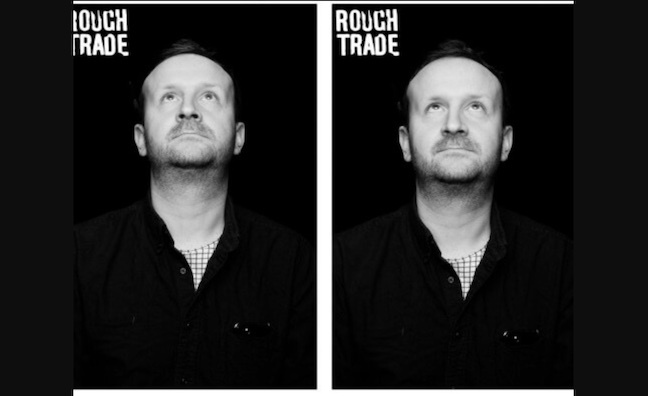Artificial Intelligence has been a hot topic in 2023 with the launch of tools like ChatGPT and a wave of ‘fake’ tracks.
Artists such as Sting and the Pet Shop Boys have joined the debate about the use of AI in music.
Here, in a perspective from the music retail sector, Lawrence Montgomery, managing director at Rough Trade record stores, discusses the legality and ethics of AI-generated music, and its future role in the music industry…
Is AI-generated music legal?
Questions about the legality of AI-generated music remain complicated, as very little legislation exists that can guide the music sector on the matter.
Ultimately, the content poses a major copyright concern, and the ongoing issue is that AI is developing at a faster rate than legislation to manage it.
There is an ongoing battle in the UK, as the government’s response to concerns about AI-generated content proved unsatisfactory for the UK music industry. Last year the government launched a consultation which revealed plans to allow creative works to be copied for data mining, without the need for permission or licensing but still protect the intellectual property of the artist.
Meanwhile, the US Copyright Review Board refuses to grant copyright to AI-created music on the basis that human authorship is required to make a viable claim.
The legal challenge for AI music is that software must analyse a monumental amount of data about a specific artist by relying on music training sets to generate the content that has been requested. Essentially, AI ‘trains’ using an artist’s discography without licensing or paying royalties, which can be considered a theft of intellectual property from an artist.
Preventing this music from being streamed is also a challenge, as major streaming platforms have made it possible for anyone to upload and share their music, making the production and sharing of artificial music incredibly difficult to be monitored.
Whilst the use of AI itself is not illegal, its use in conjunction with unlicensed music is.
What are the ethical challenges of AI in the music industry?
The development of more advanced AI has failed to factor in the ethical implications of such technology, as they have been consistently overlooked in the music domain.
AI risks removing artists from music-producing altogether and could ultimately eradicate essential cultural and artistic influences that curate the music we know and love.
AI risks removing artists from music producing altogether
Lawrence Montgomery
Due to a lack of specific legislation about the use of AI, dozens of organisations, including the Recording Industry Association of America (RIAA) in the US, have announced a campaign which aims to ensure that AI technology is used positively, specifically in ways that “support human culture and artistry – and not ways that replace or erode it”.
Streaming platforms also have a legal and ethical responsibility to prevent AI music from being streamed, as this can be harmful to the simulated artist and their reputation.
Research from New Zealand even suggests that AI-generated music is beginning to be exploited for private interests and gains due to its dependence on artists’ music training sets.
AI will only grow in influence in the music industry, but establishing a code of ethics for its use in the music sector is essential.
Does AI have a future in the music industry?
There is no denying that AI has the power to transform the music industry.
Similar technology like augmented reality is now being used to build an entire performance without the need for a live artist, most recently seen with the ABBA: Voyage concert performances. Whilst the band’s music has never seen a decline in popularity due to its multi-generational appeal, this has allowed a new generation to see the iconic Swedish pop group perform for the first time since 1982.
AI has even received a positive response from music artists like David Guetta, who believes that new music styles can come from AI technology - but that it should only be used as a tool and can never replace artists themselves. Meanwhile, Grimes has granted permission to use her voice for future AI-generated music.
Conversely, Heart On My Sleeve, which used deep-fake vocals from the Weeknd and Drake, was removed from streaming services and Universal Music issued a statement to coincide with the action.
The future of AI in music is difficult to predict, but one thing is for sure: strict legal and ethical boundaries must be set to protect musicians and the industry as a whole.
They say imitation is the greatest form of flattery. Unfortunately, using AI in the ways recently demonstrated is stealing. No matter how good the intentions might be, it grossly infringes on copyright and as a company that is proud to champion original creative expression and DIY culture within music, Rough Trade feel it’s really important to collectively protect artists’ ownership as an industry, at all costs.











